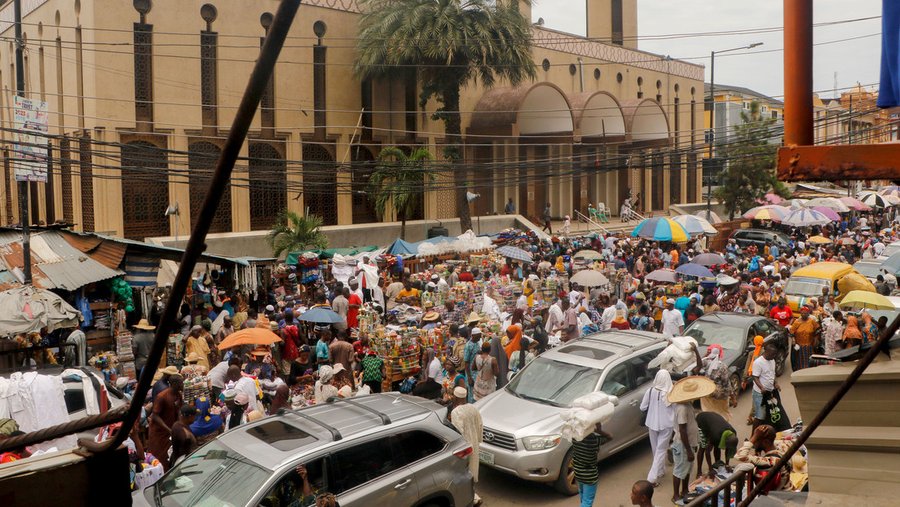The new Nigerian president’s moves have boosted markets, but they have also raised the cost of living and drawn criticism from many citizens who have faced years of economic mismanagement.
After less than a month in office, Nigerian President Bola Tinubu has begun implementing a series of reforms to lift Africa’s largest economy, in terms of nominal GDP, out of nearly a decade of slumber.
The changes suggest a return to economic orthodoxy, mirroring similar shifts in countries like Turkey and Colombia, where markets have similarly rallied as authorities signaled they were giving up some economic policies unpopular with investors, Bloomberg reported.
Main reforms
The changes have been radical: from the abolition of the fuel subsidy (which cost the State 10,000 million dollars a year), to the dismissal of the controversial governor of the Central Bank of the country, as well as putting an end to the restrictions on the type of exchange for the naira, the currency of Nigeria.
“The removal of fuel subsidies and exchange rate reforms will go a long way to improving fiscal and external accounts and reducing distortions that have been accumulating for years,” said Gordon Bowers, a London-based analyst at Columbia Threadneedle Investments. “These reforms were seen as the bare minimum, so it is welcome that Tinubu can now turn its attention to growth and productivity-enhancing reforms to significantly raise Nigeria’s potential growth rate,” he added.
After the dismissal on June 9 of Godwin Emefiele, governor of the Central Bank of Nigeria since 2014 and who still had a year left in his term, Nigerian stocks and eurobonds extended their initial gains on Thursday. Investors interpreted his ouster, and subsequent arrest, as evidence that Tinubu seeks to take a more market-friendly approach than his predecessor, Muhammadu Buhari.
The Buhari Administration between 2015 and 2023 led Nigeria into two recessions. Inflation hit an 18-year all-time high of 22.22%, and the country’s debt profile soared to more than $150 billion, also a record, according to the Office of Debt Management.
Negative effects
Tinubu’s new measures have sent markets soaring, sending shares in Africa’s biggest economy to their highest level in 15 years. But they have also increased the cost of living and drawn criticism from many Nigerians who have faced years of economic mismanagement.
For the moment, the negative effects of the adjustments are being suffered by the currency and the Nigerians themselves. This Thursday, the naira closed at 702.19 per dollar on the FMDQ Stock Exchange, compared to 465 on the day Tinubu took office.
Also, his decision to immediately abolish fuel subsidies (although it is considered a fiscal necessity) tripled the price of gasoline, sending up transportation bills.
Joseph Essien, a 47-year-old taxi driver from Lagos, told The Guardian that he had stopped working because he was no longer making a profit after the rise in petrol prices. He said he used to spend about 5,000 naira ($10.74) a day on fuel, enough for one eight-hour shift and a bit for the next. Last week he spent about 15,000 naira ($32.22) on fuel that barely lasted a day.
“It’s reality that’s catching up with us,” says Cheta Nwanze of Lagos-based SBM Intel. “We are getting to a more realistic state of affairs, so we have a fairer idea of the amount of work that needs to be done to fill the gap.”
